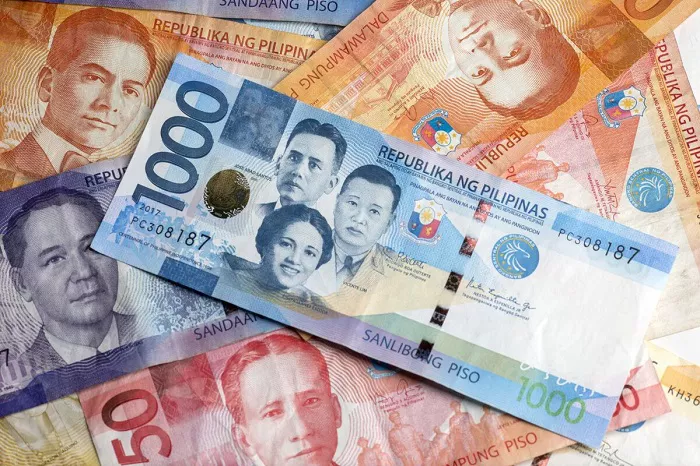The recent US airstrikes on Iran’s nuclear facilities are expected to drive up global oil prices. This may provide short-term support for Nigeria’s naira but also raises concerns about inflation, trade disruptions, and market volatility worldwide.
Brent crude oil prices are forecast to rise above $90 per barrel after President Donald Trump ordered coordinated attacks on three Iranian nuclear sites over the weekend.
As of Sunday evening (Nigerian time), Brent crude was trading at $77.01 per barrel, while West Texas Intermediate (WTI) crude was priced at $73.84. Nigeria’s main crude grade, Bonny Light, was at $78.62 per barrel.
The escalation has revived fears of supply disruptions in the Middle East, particularly through the Strait of Hormuz, a crucial shipping route that handles about 20% of the world’s oil trade.
For Nigeria, Africa’s largest oil producer, higher crude prices could boost foreign exchange inflows and government revenue. Analysts believe this could help ease some of the recent pressure on the naira, which has weakened despite a more flexible exchange rate policy introduced earlier this year.
Ikemesit Effiong, partner at SBM Intelligence, said, “With this escalation, oil prices could approach $100 a barrel. The naira should strengthen slightly against major currencies because those currencies might weaken due to uncertainties about Iran’s response to US actions.”
Samuel Sule, CEO of Renaissance Capital Africa, added that the effects of the US attacks will depend on how all parties respond. “In the short term, oil prices are likely to rise due to lower global supply, which could be positive for the naira. However, global trade will continue to be affected by foreign trade policies.”
On Friday, the naira appreciated by N2 at the official market, rising from 1,549.41 to 1,547.36 per US dollar. This gain was supported by increased foreign investor activity and a $61 million intervention by the Central Bank of Nigeria (CBN) in the banking sector.
Despite this, the naira remains volatile in parallel markets, where demand for dollars continues to exceed supply.
While higher oil prices will increase Nigeria’s external revenues, they could also raise local costs, especially for petroleum products.
Economist Temi Adebayo noted, “The government may benefit fiscally from the oil price rally, but inflation could become a bigger problem.”
SBM Intelligence described the rising oil prices as a “volatile windfall,” emphasizing that Nigeria’s ability to benefit is limited by weak oil production. Data from the Nigerian Upstream Petroleum Regulatory Commission (NUPRC) show that Nigeria’s oil output remains below its OPEC quota.
In May, Nigeria produced 1.45 million barrels per day (bpd), roughly 97% of its 1.5 million bpd quota. Problems such as oil theft, pipeline damage, and underinvestment continue to hold back production, restricting the country’s ability to fully profit from higher prices.
Historical data also reveal a pattern of rising inflation following oil price spikes, with Nigeria struggling to translate higher revenues into economic stability.
For example, when oil prices surged to $121 per barrel during the early stages of Russia’s invasion of Ukraine in 2022, Nigeria’s inflation rate still climbed to 18.6%. Similarly, when OPEC+ cuts pushed prices to $90 in 2023, inflation hit 26.7%.
Nigeria’s best current hope is the Dangote Refinery, which has increased local crude processing and reduced petrol imports, helping to curb inflation from imported fuel.
Higher oil prices are a double-edged sword for Nigeria. While they boost dollar inflows and government earnings, they also increase inflationary pressures. Nigeria’s inflation rate stood at 22.97% in May 2025, one of the highest in recent years.
Samuel Sule explained, “Petrol prices have already started to rise. The government benefits from higher revenues, but consumers may face greater fuel costs.”
Trade data show that crude oil was Nigeria’s third-largest import in the first quarter of 2025, valued at N1.19 trillion. This could lead to higher pump prices and worsen inflation for a country already facing a severe cost-of-living crisis.
SBM Intelligence warned that rising fuel prices push up transport, food, and power costs, creating a chain reaction that fuels further inflation. This comes at a time when Nigeria is still coping with economic challenges following the removal of fuel subsidies.


